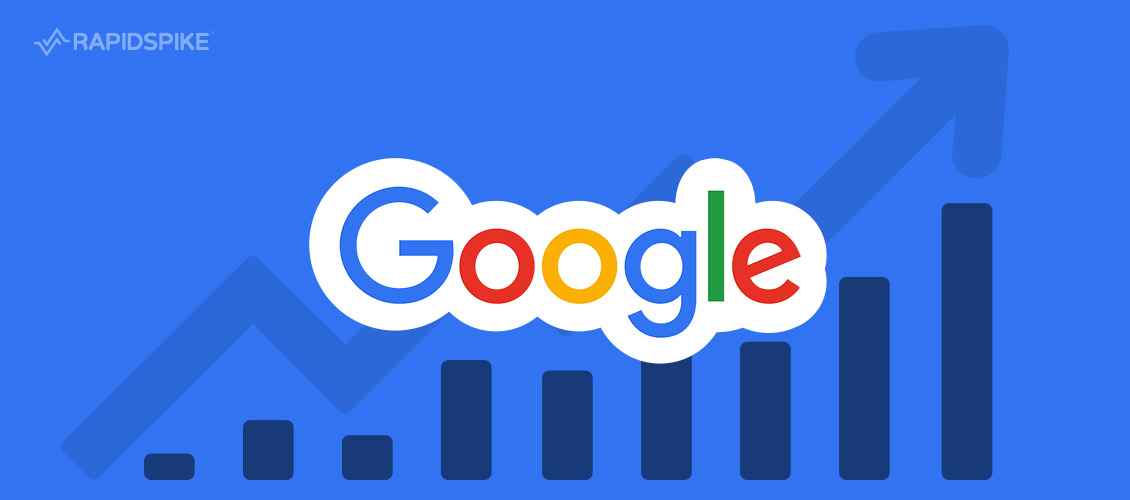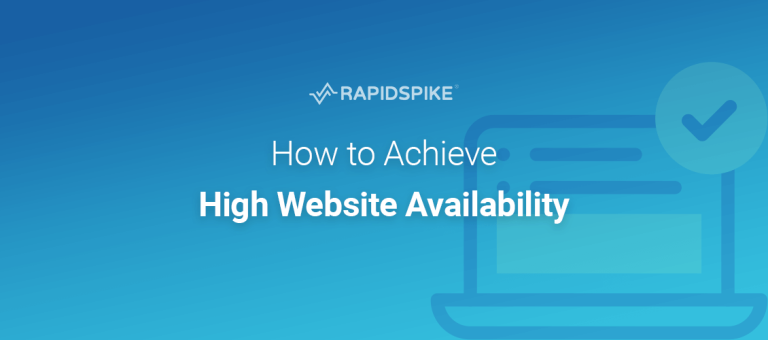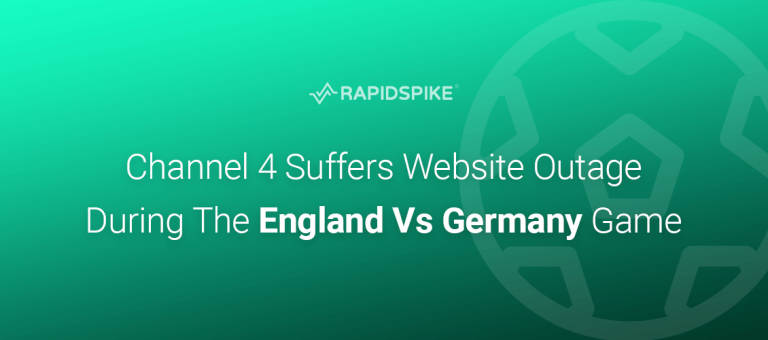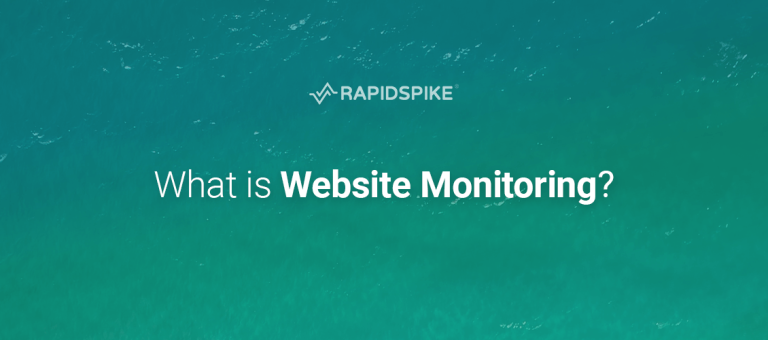A while back I wrote about how agencies can use site reliability technology to help differentiate in order to retain and win more business.
We work with many UK agencies, playing a small (but important) part in supporting their business operations. Historically we have always talked about uptime but more and more I find myself discussing site speed and why it is important to be aware of this important metric. For me, I think site speed can be used to gain a competitive advantage.
People instinctively think of site speed as a way to measure the user experience and of course, fast sites will be favoured over slow sites. However – it goes further than that. Site speed not only provides an agency with an opportunity to provide improved SEO performance, but it also identifies sites that may require further optimisation.
Why is site speed so important?
Rather than me explain it, I have called on one of our business partners Alex Clifford from 01SEO to explain why:
Site speed is important for several reasons behind the scenes and not just to give a smooth customer experience.
For one, if a site loads slower than those around it, the search engines will favour the faster sites. That said, if a page has more relevant or fresher content than a slower page it will still rank higher – but more often than not, a faster page ranks better.
Also the search engine will note the user went to the site and came back to the search engine very quickly. As they want to give the best possible content, a user returning from a site after just 1 or 2 seconds is a bad signal. If 100’s of users are doing this a day eventually the search engine will note that the site can’t be delivering to a high enough standard and will mark it down.
Finally, search engines are starting to show a different set of results for desktop and mobile users depending on their device so a site could rank for desktop and not for mobile… This could cause them to miss out on 40%+ of potential traffic.
Wow, it’s not just about user experience then. Site speed is linked to SEO performance, which as we all know relates to more sales.
So what has the agency got to gain for this?
Firstly, agencies often provide SEO services and are obviously measured on their ability to improve their clients ranking and position in relation to search. If a customer’s site is slow or it is becoming slower over time then this could affect that site’s rank. This in turn will make it harder for the agency to deliver and may affect the overall performance of the contract.
Secondly, if a site is slow or becoming slower – then great! This is a clear and obvious development opportunity. Why is it slow? Does the site need further optimisation? Does it need to be hosted on a faster server? … And so on. It helps to build a strong case to support a site upgrade opportunity!
Adapting your strategy
I always think about a retain, add, grow strategy. Add is finding new customers; retain is keeping your existing customers; grow is increasing revenues within your existing customer base. This is clearly falls into the grow category.
What’s more, I actually think customers will appreciate this level of professionalism and analysis. After all – they also want to improve sales for themselves.
In a fiercely competitive agency market, keeping an eye on site speed is a must and if used right can become a useful business metric.
With special thanks to our guest contributor Alex Clifford:
 Alex is a partner at 01SEO in Nottingham, an agency focused SEO consultancy business.
Alex is a partner at 01SEO in Nottingham, an agency focused SEO consultancy business.
http://www.01seo.co.uk | alex@01agency.co.uk






